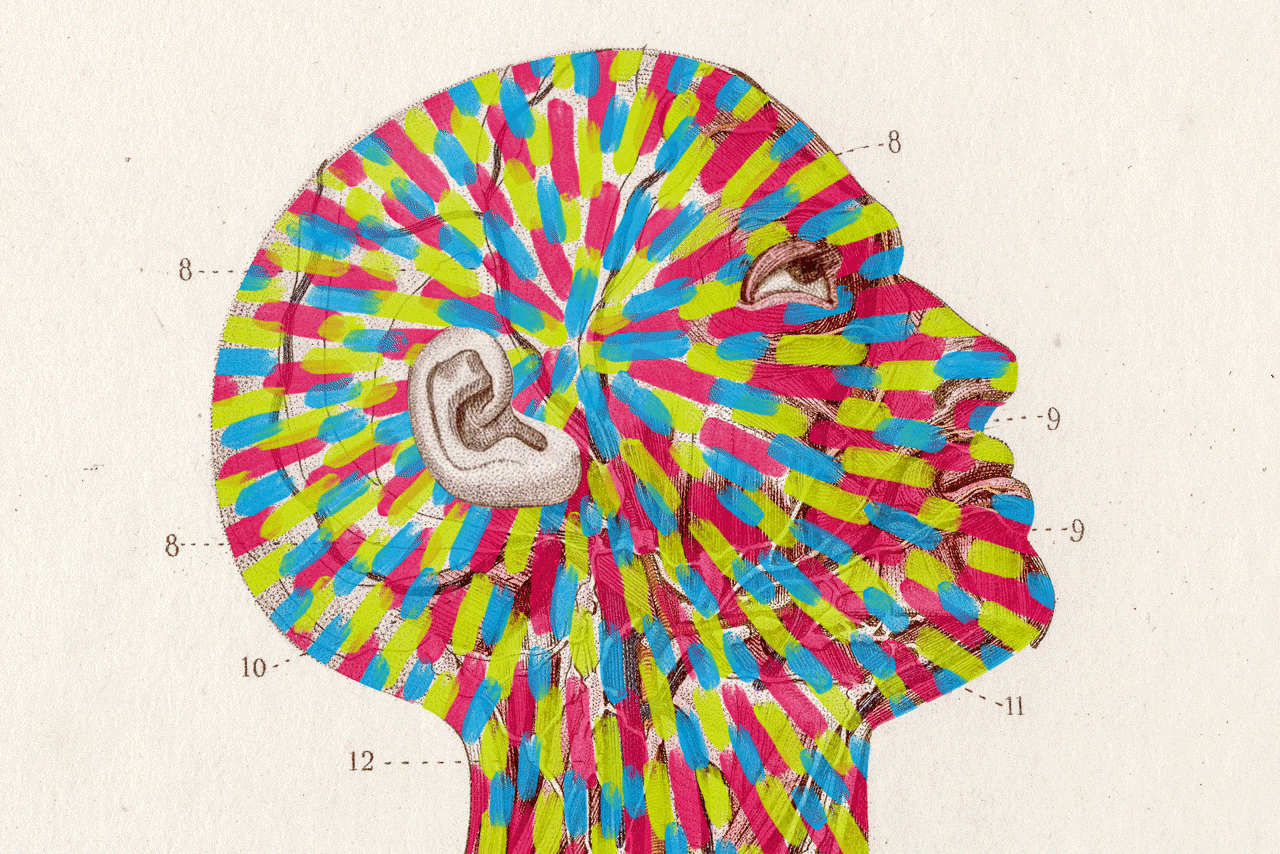Hypochondriacs Find Meaning in Search for Illness
CHICAGO — The woman is 74 years old and has had a difficult life. She watched her mother die of a painful illness, she lost two siblings violently, and she suffered through a long marriage to an alcoholic husband who beat her.
She has had to work hard since she was a child.
Her only rest has come when she has been ill, and she has been ill frequently. Her frail body is covered with the scars of at least 30 operations, and doctors have diagnosed her at one time or another as suffering from more than 50 separate ailments.
Six Medicines
She complains of severe headaches and persistent weakness and takes six prescription medicines regularly.
If she seems to be holding up well despite it all, her current doctor says, the reason may be because she has never been as sick as either she or her previous doctors thought she was.
Dr. Timothy Quill, a general internist at the Genesee Hospital in Rochester, N.Y., says the woman, his patient, is one of millions in the United States suffering for what doctors call somatization disorder but is more commonly known as hypochondria.
“It’s a very common problem in our culture,” Quill says. “These people, in some ways, have found meaning in their search for illness, and their most meaningful relationships are with their doctors.
“And, unfortunately, the only way to keep that relationship going is to stay sick.”
A Mental Disease
Somatization is a mental disease affecting perhaps 1% to 2% of females and a lesser portion of males. Because of the nature of the disorder, those percentages are much higher in the hospitals and doctors’ offices.
“Patients who come in with these kinds of ailments very much believe they have a physical ailment, and very much want a physical explanation,” Quinn says. “There may be some basis to their feelings as well; they may have minor aches and pains.”
Quinn published his patient’s case history in the Journal of the American Medical Assn. recently because, he says, most doctors are still in the dark about the disease. The fact that this woman managed to make it through 50 years and countless doctors without ever once having been diagnosed as having a psychological problem is proof.
Doctors, Quinn says, “take a very mechanistic view of what’s wrong with someone, looking at the parts of the engine without looking at the whole.”
A hypochondriac will often get a multitude of expensive and possibly dangerous tests until a doctor can rule out every possible physical cause of the complaint.
Traced to Medical School
“I think there’s some fear of litigation or of being ridiculed by their colleagues for having missed an unusual disease,” Quill says, adding that the source of the problem goes all the way back to medical school.
“In residency,” he says, “the point is not missing anything at the physical level--that’s the greatest sin you can commit.”
Quinn says doctors must learn to recognize the signs of somatization--numerous but vague complaints, many years of alleged illness--and they need to be careful that their probes and tests are not causing more harm than good.
“Unfortunately, these patients will usually push until they get the most invasive treatment possible,” Quinn says. Doctors need to draw the line and learn to “live with the small possibility there might be something wrong with people.”






